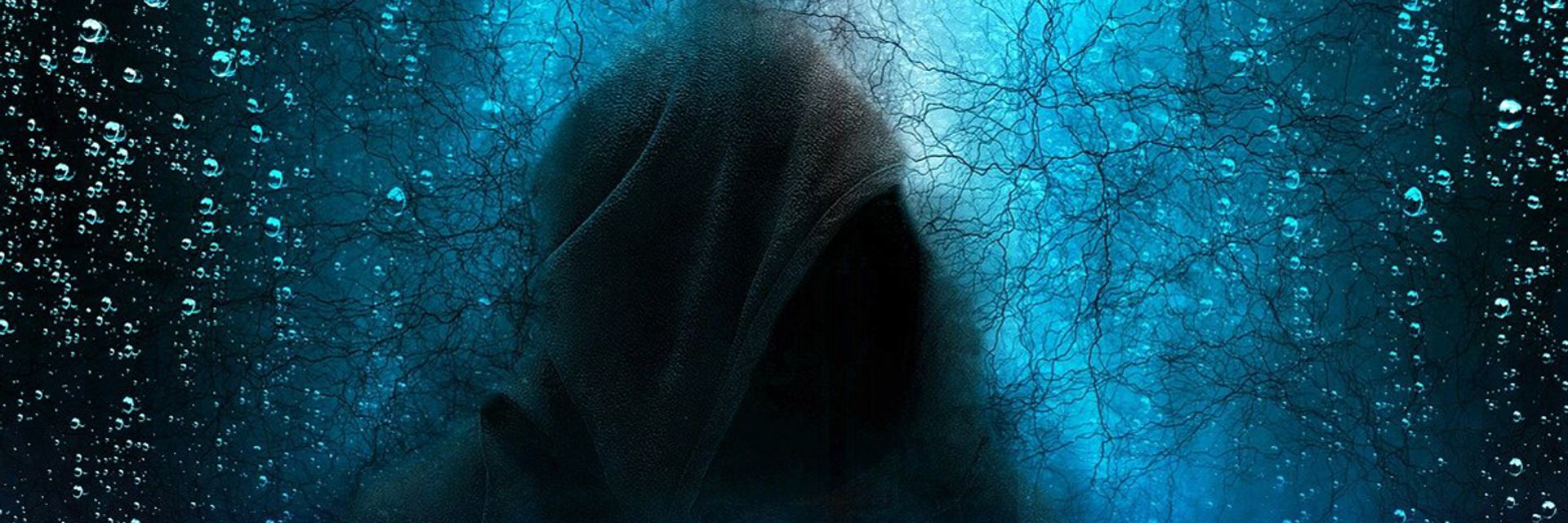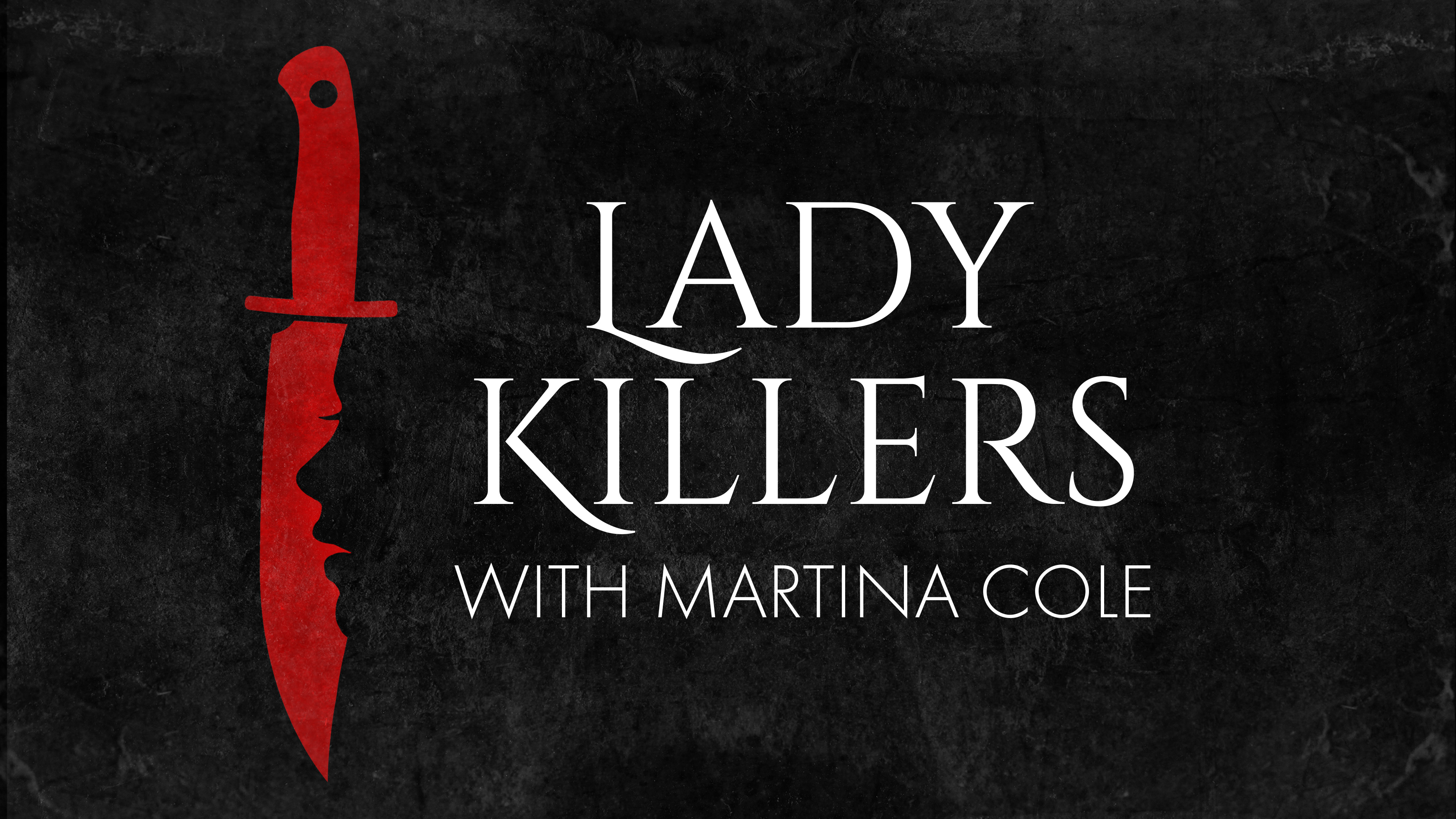True crime is an incredibly popular genre, and its most popular consumers are women. Why are women, specifically, so drawn to a genre that frequently tends to heavily feature female victims? To find the answer, we’ll take a deep dive into psychological and cultural factors that make the genre positively irresistible to so many. And we just might learn something about human nature along the way.
◊
I remember when I first understood the allure of true crime. It was my freshman year of college, and I was looking for an outlet for some of my stress. Instead of partying, napping, or throwing myself into studying like many of my peers, I started researching serial killers.
Quickly, I discovered that I wasn’t alone in my newfound interest – far from it. In fact, there was a whole world out there of true crime devotees. Intriguingly, the majority of them were women, like me, and many of them had a stunningly wide and deep breadth of knowledge that spanned podcasts, books, and, in some cases, obsessive research about real-world unsolved crimes.
At the time, my interest in serial killers was surface-level, never going much deeper than popular documentaries and Wikipedia pages, and it only lasted for a summer. I grew bored with learning about Ted Bundy pretty quickly, but I never really stopped wondering exactly why murderers had sparked my fascination.
It wasn’t exactly a distraction. Strangely enough, learning about serial killers who had brutally murdered women actually felt cathartic, almost comforting. I wondered exactly where this feeling was coming from, and why so many women felt the same way.
Soon, my interest in true crime morphed into curiosity about why women love true crime stories. The answers aren’t simple, and why should they be? (After all, gender is not a binary, and it’s impossible to make definitive generalizations about all women).
But, as I soon learned, there are some aspects of the overarching female experience that do tend to lend themselves to an interest in true crime, and these are located in the same murky, subconscious, and hidden realms that true crime itself lingers within.
An Introduction to True Crime
From procedurals like Law and Order: SVU to crime documentaries like Deadly Dates to popular podcasts like Making a Murderer and Serial, true crime has long made for exceptionally gripping storytelling, and it has never been more popular. Recent studies reveal that true crime’s surging popularity is largely thanks to a spike in interest from women.
For example, one recent study found that based on Spotify’s podcast metrics, women’s interest in true crime rose by 16 percent in 2019 alone. (Notably, the same study also examined Amazon book reviews and asked participants about their book preferences, and found that while men were more likely to read stories about war or gangs, women almost always gravitated towards true crime). Another survey by ABC found that true crime’s rising popularity is attributable to women. Clearly there is some kind of pattern here.

Image Credit: Rodnae Productions / Pexels
The most popular and commonly accepted explanation for why women love true crime is because they feel, consciously or subconsciously, that they might learn something from it. This may be because women often see themselves (quite literally) in true crime stories.
Though men are statistically more likely to commit violent crimes or be murdered, more violent crimes are committed against women than men overall, according to the National Coalition Against Domestic Violence. In addition, women accounted for roughly 70% of serial killers’ victims between 1985 and 2010, and many of the crimes had sexual motives. Because of this, the majority of true crime stories detail crimes against women.
Women are also generally more fearful of violent crime than men, and, from a young age, women are taught not to walk alone at night and not to trust strangers on the street. Out of necessity, women have reason to stay on the alert and pay attention to stories about sociopathic criminals who hunt after dark.
Dr. Sharon Packer, an Assistant Clinical Professor of Psychiatry and Behavioral Sciences at the Icahn School of Medicine at Mt. Sinai, theorizes that learning about true crime can feel “like a dress rehearsal” for women who know they could end up in these situations themselves.
Simply put, women may feel a sense of secondhand relief when watching other women in dangerous situations because they’re glad they’re not there – and because they feel they might learn something from watching.
Join true crime author Martina Cole in her quest to uncover a less-explored side of crime history – female mass murders – in the MagellanTV series Lady Killers with Martina Cole.
Sympathy for the Devil
The reasons women are prone to fixating on true crime are far more complex than the simplistic notion that women want to learn how to protect themselves by watching and reading depictions of violent crime. For one thing, victims of violent crime can be both male and female. And among murderers, there are notable examples of female perpetrators – even serial killers – whose victims have been male.
Learn more about murderous women by watching the documentary Women On Death Row on MagellanTV, which tells the story of the 53 women currently sitting on Death Row in the United States.
Some experts argue that women’s interests in true crime may be connected to females’ generally higher level of empathy. “By the time you get to adulthood, women are able to empathize to a greater degree than men, on average,” says Dr. Howard Forman, a forensic psychiatrist at Montefiore Medical Center. “That may lead to true crime being more interesting to women than men, simply because if you empathize more with the victim, it may be more relevant to you and more gripping.”

(Source: Pixabay)
Forman’s interpretation might apply to men as well. If males don’t see themselves in true crime stories as clearly as women do, perhaps they simply aren’t as likely to become emotionally invested in the narratives.
Intriguingly, women make up a minority of law enforcement but comprise 78% of forensic scientists in the United States. In her book Savage Appetites, crime author Rachel Monroe theorizes that women are often inspired to enter forensics because of a desire to address a past trauma they experienced either on a personal or collective level.
Higher levels of empathy in women may also trigger greater curiosity about the backgrounds of killers and criminals. After all, who wouldn’t want to know what Ted Bundy or the Golden State Killer were thinking when they murdered dozens of people?
An Outlet for Female Rage?
Another plausible theory about women’s love for true crime is that the genre may be one of the relatively few outlets that lets women entertain aggressive impulses. Traditionally, contact sports, violent video games, and even street fights have been the province of men. While these activities are by no means exclusively reserved to men in the 21st century, they remain generally male-dominated and influenced by conventional gender roles.
“A woman’s fear and anger can be powerful things. That’s the virtue of true crime,” writes P. E. Moskowitz in Mother Jones. “No other genre gets to the core, nagging feeling that most if not all women harbor – that everything is fine, probably, but also might not be. I might be murdered just for existing.”
Many women also still choose (or are subliminally taught) to comply with traditionally feminine mannerisms and activities, but that doesn’t mean women aren’t angry. Perhaps true crime allows women to tap vicariously into suppressed channels of rage and fear – or a combination of both.
Why We Love True Crime (In General)
Obviously, the appeal of true crime stories is not limited to women, so it’s worth asking why people are drawn to tales of real-life horrors at all.
Some are drawn to true crime because of an interest in the criminal justice system, or because of a desire for justice. “True crime stories allow me to search for a sense of knowing, a sense of understanding so the world doesn’t feel so chaotic,” says Lindy Boustedt, producer and director at First Sight Productions and host of the podcast A Senseless Death. “It also is a search for justice.”

(Source: Pixabay)
True crime can also provide adrenaline rushes akin to those we felt while hearing ghost stories when we were children. Like horror films, true crime can offer us distraction and thrills. True crime may even provide humans with the subliminal feeling that we’ve somehow evaded death.
“The primary thing that any organism is trying to do is not die,” clinical psychologist Krista Jordan, PhD told Health. “But humans, as far as we know, are the only ones who know that you can’t do that. And so that creates this massive amount of anxiety that we have to manage, otherwise we’d be curled up in the fetal position not wanting to leave the house.”
In a way, true crime lets us feel, on a subconscious level, like we’ve survived our greatest fear and final, inevitable end. “On some level, symbolically, it’s like you found the loophole,” says Jordan. “Like, ‘Really? Maybe I can cheat death.’”
Seeing the Light
I never went all the way down the true crime rabbit hole myself, but many others have been slogging through the detritus of bloody crime scenes for years. Still, few have ever gone so far as Michelle McNamara, a writer who dedicated the last years of her life to tracking the Golden State Killer.
Her interest in the murderer was spurred by participation on true crime forums, where people would trade theories and evidence. Eventually, though, her search became uniquely obsessive. McNamara ended up accidentally overdosing before she could find the killer, but her research eventually helped lead authorities to him.

(Source: Pixabay)
Her story, detailed in the book and TV series I’ll Be Gone In the Dark, is an example of the way a true crime case can feel larger than life – and the way that searching for answers can be compulsive and all-consuming. It’s a troubling narrative, but not an entirely uncommon one.
In the book, McNamara addresses her passion for studying serial killers. “‘Why are you so interested in crime?’ people ask me, and I always go back to that moment in the alley, the shards of a dead girl’s Walkman in my hands,” she writes. “I need to see his face. He loses his power when we know his face.” McNamara’s journey in the dark was a quest to bring a killer’s face to light. Maybe by devouring true crime, we’re all just trying to know the shadows that surround us a bit better.
Ω
Eden Arielle Gordon is a writer, editor, and musician based in San Francisco, California. Her work has been published in Slate, Grunge, Popdust, Lilith Magazine, and Untapped Cities, among others.
Title Image source: Pixabay
Editor's Note: This article was originally published on April 14, 2021. The trailer for Lady Killers with Martina Cole has been inserted to replace an earlier trailer.



